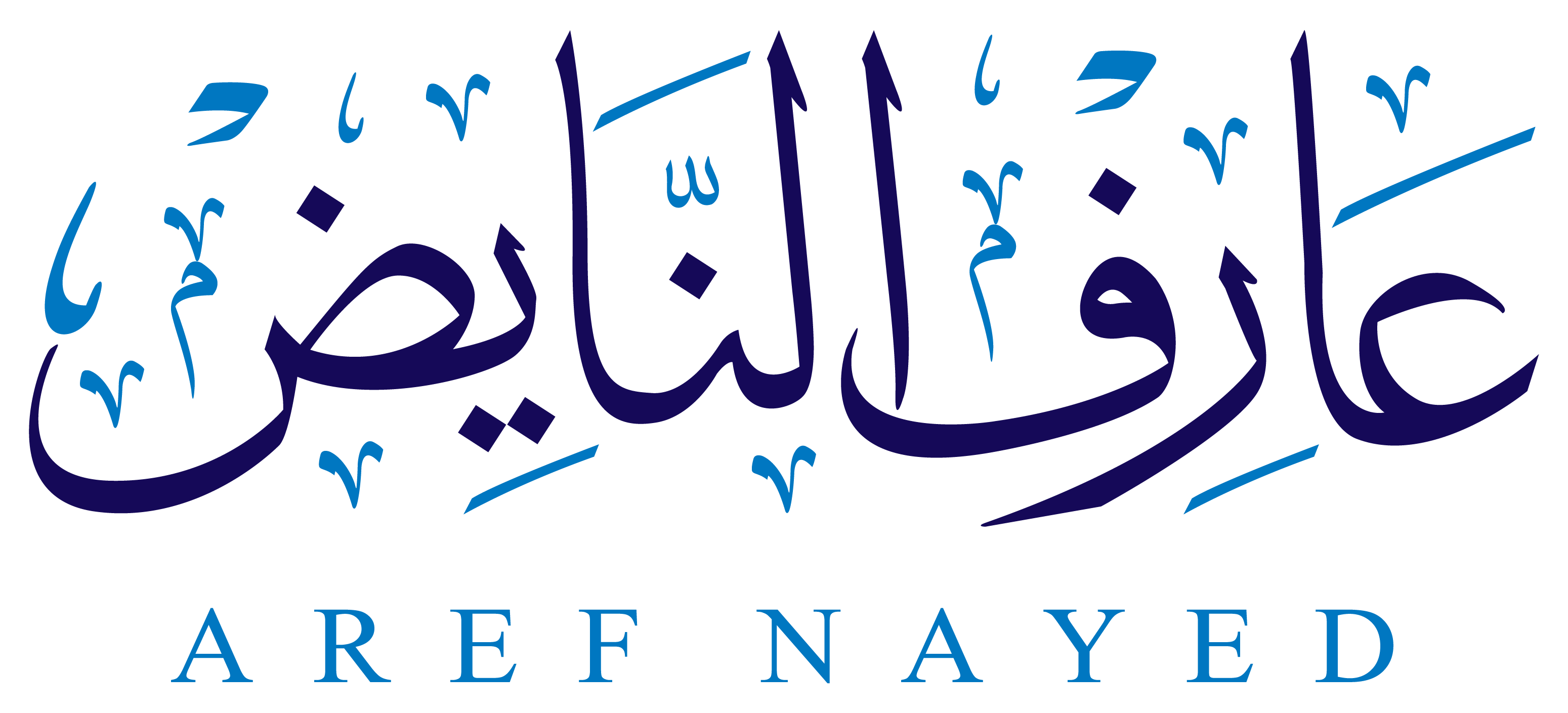The Third Catholic-Muslim Forum, 2014, was held in Rome on 11th-13th November 2014. Ambassador Dr Aref Ali Nayed was one of the Muslim delegates at the meeting and spoke on the theme of working to serve the youth. The final communiqué of the meeting was the following:
The Catholic-Muslim Forum held its third Seminar in Rome from Tuesday 11th to Thursday 13th November 2014. The theme it took as its main topic for deliberation was “Working Together to Serve Others”. Three particular issues were dealt with in papers from both sides: working together to serve young people, enhancing our inter-religious dialogue and service to society.
The Catholic delegation was headed by His Eminence Cardinal Jean-Louis Tauran, President of the Pontifical Council for Interreligious Dialogue (PCID), and was composed of:
- Rev. Miguel Ángel Ayuso Guixot, M.C.C.I., Secretary of PCID
- Mons. Khaled Akasheh, Bureau Chief for Islam, PCID
- H.E. Mons. Ilario Antoniazzi, Archbishop of Tunis, Tunisia
- Rev. Michael Weninger, PCID, Islam in Europe, Central Asia and South America
- Prof. Vincenzo Buonomo, Director, Doctoral Course for Jurisprudence, Pontifical Lateran University, Rome, Italy
- Prof. Paolo Carozza, Director, Kellogg Institute for International Studies, University of Notre Dame, USA
- Rev. Dr. Damian Howard, S.J., Heythrop College, University of London, UK
- H.E. Mrs Pascale Warda, Former Minister of Migration and Displacement, Iraq
- H.E. Mrs Anne Leahy, Ambassador Emeritus of Canada to the Holy See, Adjunct Professor, McGill University, Montreal, Canada
- Dr. A. Tom Adaba, Abuja, Nigeria
- Mr Asset Shutenov, Almaty, Kazakhstan
HRH Prince Ghazi bin Muhammad of Jordan, coordinator of the Muslim side, could not attend the event for health reasons. The assembled participants sent him a message expressing their good wishes. The Muslim delegation was led by H.E. Prof. Seyyed Hossein Nasr, Professor of Islamic Studies at The George Washington University, Washington DC, USA, and consisted of:
- Prof. S. Abdallah Schleifer, Senior Fellow of the Royal Aal al-Bayt Institute for Islamic Thought and Editor-in-Chief of the Muslim 500
- H.E. Prof. Muhammad Hashim Kamali, Founding CEO, International Institute of Advanced Islamic Studies (IAIS), Malaysia
- H.E. Prof. Mustapha Cherif, Philosopher and Former Minister of Higher Education of Algeria
- H.E. Prof. Mustafa Ceric, Former Grand Mufti of Bosnia and Herzegovina
- H.E. Prof. M. Din Syamsuddin, President of Muhammadiyah and General Chairman of the Indonesian Council of Ulama
- Prof. Abdal Hakim Murad Winter, University Lecturer in Islamic Studies, Faculty of Divinity, Cambridge University
- H.E. Sheikh Naim Tërnava, Grand Mufti of Kosovo
- H.E. Prof. Aref Ali Nayed, Director of Kalam Research and Media, UAE, and Chairman of the Libya Institute for Advanced Studies (LIAS)
- Prof. Ingrid Mattson, London and Windsor Community Chair in Islamic Studies, Huron University College, University of Western Ontario, Canada
- H.E. Mr. Omar Abboud, General Secretary of the Institute for Interreligious Dialogue, Buenos Aires, Argentina
- Imam Yahya Sergio Yahe Pallavicini, Vice President, Islamic Religious Community (COREIS), Italy
The delegates acknowledged many examples across the world of active Catholic-Muslim collaboration in educational, charitable, and relief efforts. After the presentations of the papers and the discussions which ensued in a cordial and fraternal atmosphere, the participants agreed on the following points:
- The delegates recognised that their gathering took place in a time of severe tension and conflict in the world, underlining the vital importance of enhanced service and mutual cooperation. In this context the delegates unanimously condemned acts of terrorism, oppression, violence against innocent persons, persecution, desecration of sacred places, and the destruction of cultural heritage. It is never acceptable to use religion to justify such acts or to conflate such acts with religion.
- The education of young people, be it in the family, school, university, church or mosque, is of the utmost importance for the promotion of a well-rounded identity which builds respect for others. To this end, school curricula and textbooks should portray an objective and respectful image of the other.
- The participants affirmed the importance of the culture of interreligious dialogue for deepening mutual understanding. This is required to overcome prejudice, distortions, suspicions, and inappropriate generalisations, all of which damage the peaceful relationships we all seek.
- It was felt that dialogue should lead to action, particularly among young people. The participants encouraged Christians and Muslims to multiply opportunities for encounter and cooperation on joint projects for the common good.
On Wednesday 12th November, His Holiness Pope Francis gave an audience in which he greeted all the participants, encouraging them to persevere on the path of Christian-Muslim dialogue, and was pleased to note their shared commitment to the selfless and disinterested service of society.
Finally, the delegates expressed their satisfaction at their fruitful encounter, and looked forward to the next meeting of the Forum.

